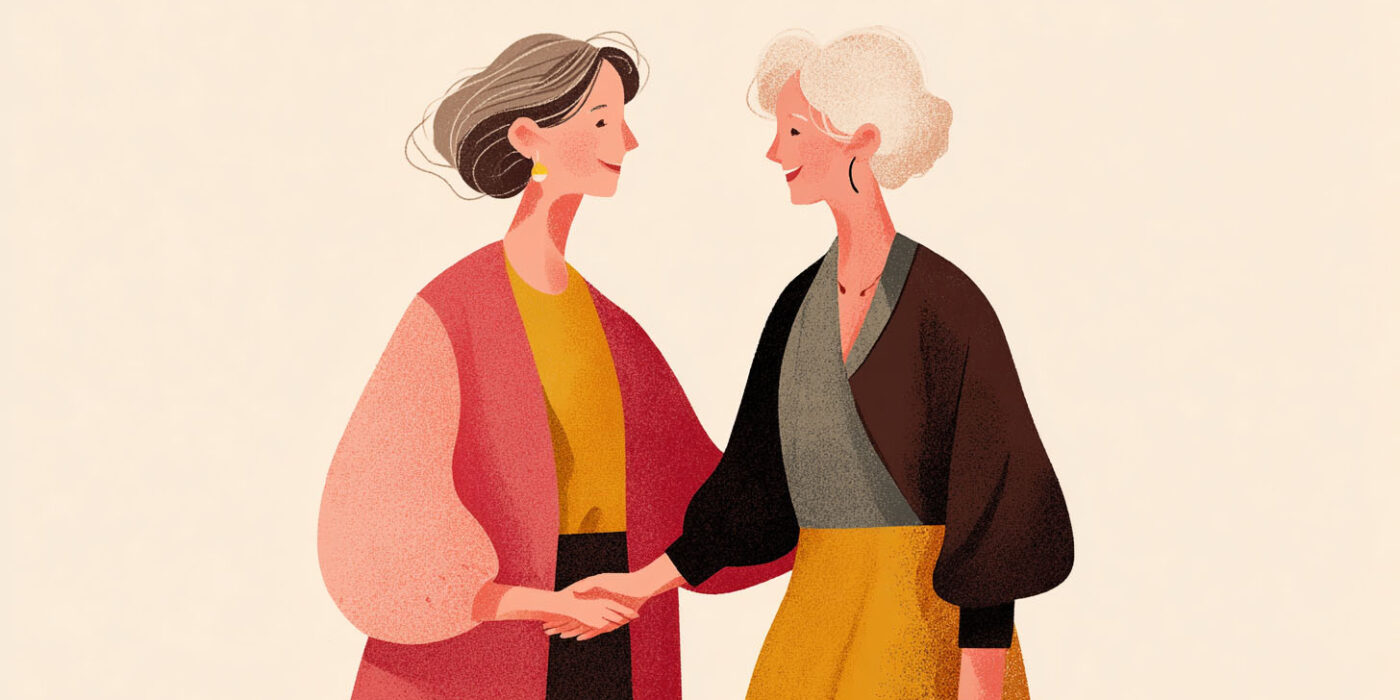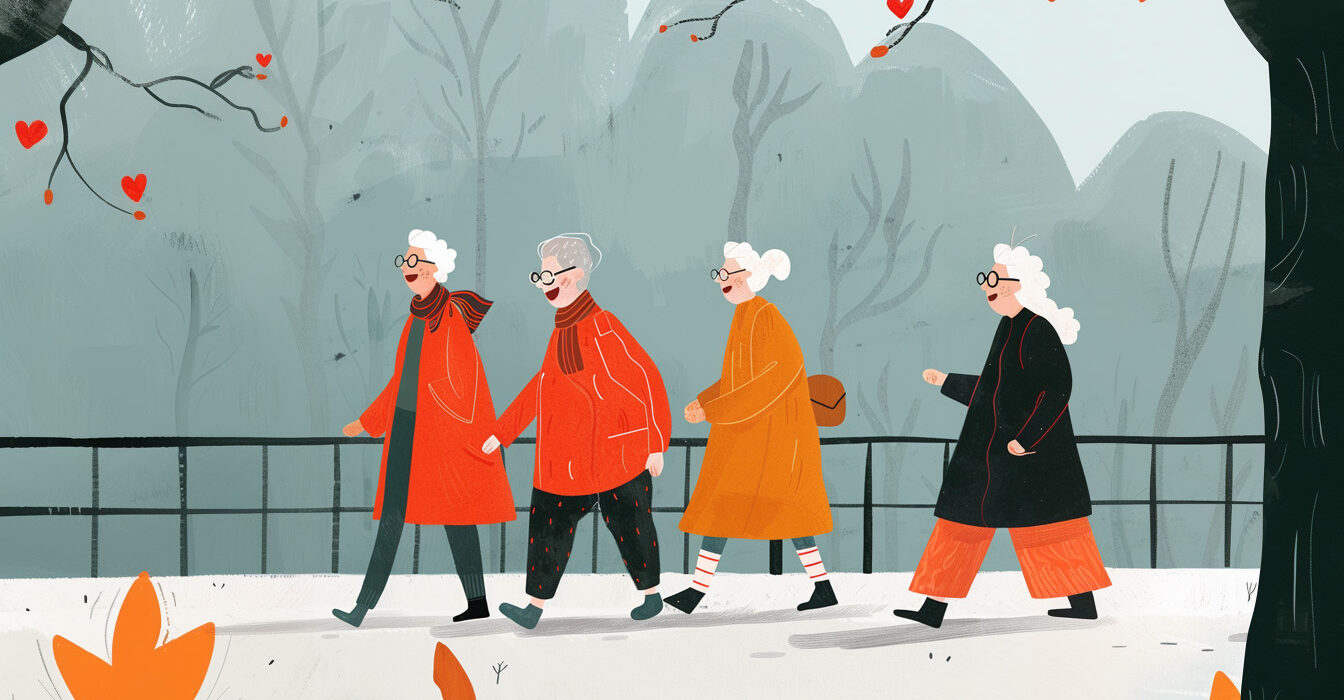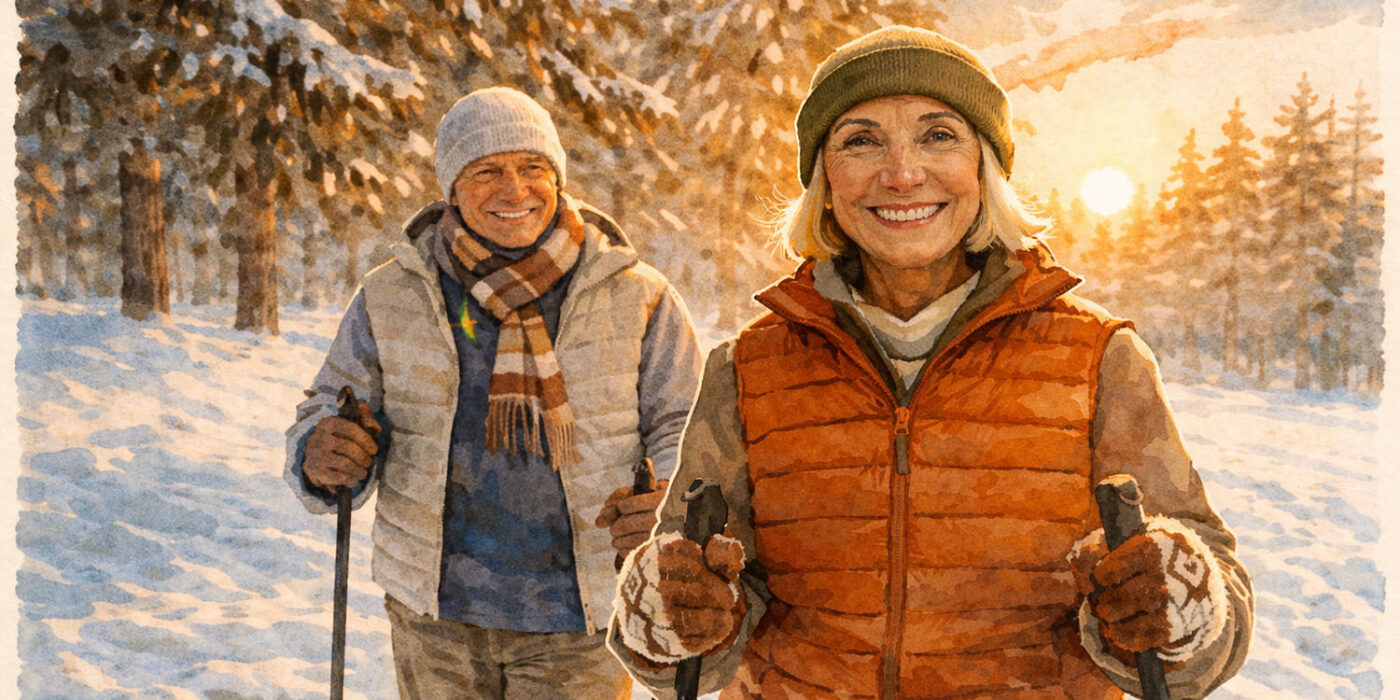Why the Second Half of Life Might Be Your Best Yet
At Wellings, we don’t think aging is about slowing down. We see it as a chance to deepen, grow, and rediscover what it means to feel fully alive.
That’s why a recent conversation with poet and philosopher Mark Nepo caught our attention. In his new book, The Fifth Season: A Journey Into the Second Half of Life, he invites us to look at aging in a completely different way. Not as decline, but as transformation.
Here are a few ideas from his work that stayed with us.
As we grow older, something interesting often happens. We begin to shed what no longer matters. Expectations soften. Priorities become clearer. Nepo compares this process to a meteor entering the atmosphere. The more it lets go, the brighter it becomes. In many ways, aging helps us become more fully ourselves.
He also reminds us that our memories don’t have to keep us stuck in the past. Instead of asking, “Why did things change?” we can ask, “What was alive in me then, and how can I bring that forward today?” When we look at our past with curiosity instead of regret, it can add warmth and meaning to the present.
Connection is another theme that really stands out. As life changes, it’s easy to wait for others to make the first move. Nepo encourages us to do more initiating. Go for coffee. Join a class. Sit with others, even quietly. Small moments of connection have a powerful way of feeding the soul.
He also talks about creativity, not as something reserved for artists, but as something we practice every day. Cooking a meal, planting flowers, fixing something around the house, sharing a story with a neighbor. These are all creative acts. When we show up with care and attention, ordinary moments become meaningful.
And of course, fear doesn’t disappear with age. But Nepo offers a simple practice. When fear shows up, place your attention on something steady. The ground beneath your feet. The sky outside your window. Your breath. These small anchors remind us that we’re supported by something bigger than any one worries about.
At Wellings, we believe this season of life holds tremendous possibilities. Whether you’re learning something new, enjoying time with friends, reflecting quietly, or simply savoring the day, you are still growing. You are still becoming.










